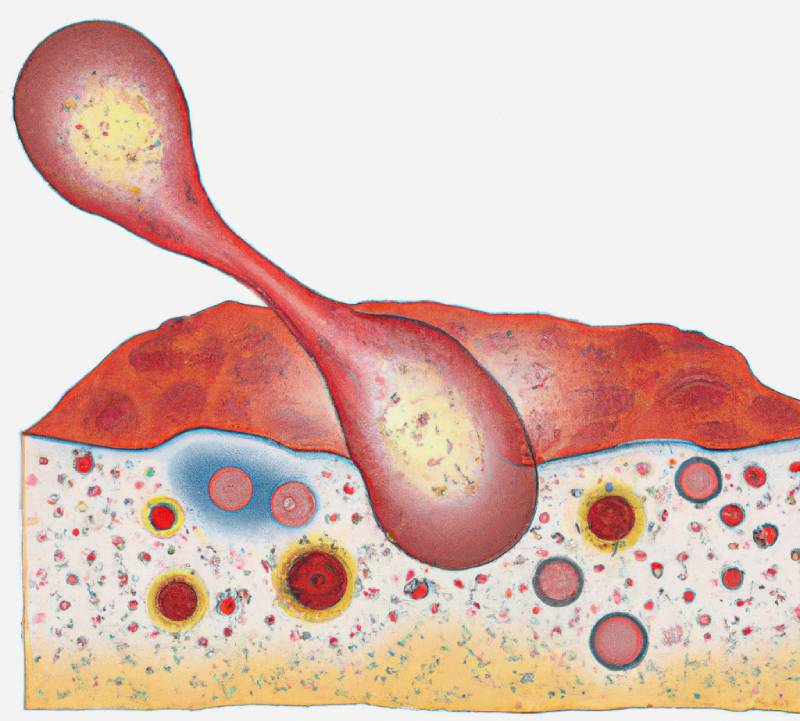It’s well documented that cannabis has anti-inflammatory properties that can help ease both pain and inflammation. As research continues to uncover the mysteries of just how the cannabis plant has the effect it does on the body, a recent study has illuminated another key piece of the puzzle. The results may be surprising, especially for pat
The team of researchers, from GB Sciences in collaboration with scientists from Michigan State University and Chaminade University of Honolulu, broke down the cannabis plant to evaluate the anti-inflammatory properties of some of its individual components. The study, entitled “Evaluation of the anti-inflammatory effects of selected cannabinoids and terpenes from Cannabis Sativa employing human primary leukocytes”, looked into several common cannabinoids found in the greatest abundance within the plant, as well as some of the most
common cannabis terpenes. What the researchers found was a clear indication that, not only is cannabis effective at fighting inflammation, certain cannabinoids are key in that fight. [1]
Cannabinoids and Inflammation
The study looked into the anti-inflammatory properties of several naturally occurring cannabinoids, instead of just CBD and THC, like most current research. In order to assess how effective any of the cannabinoids studied were, the team treated human immune system cells involved in inflammation with individual cannabinoids and terpenes and triggered immune responses. They used a modulation of immune response as an indication of anti-inflammatory properties. They found that all the cannabinoids studied had an immune modulating effect, and the effect of the cannabinoids studied was greater than that of the terpenes. [1]
The cannabinoid with the greatest immune response modulating results was delta-9 THC, the common intoxicating component in cannabis. It was followed by cannabidivarin (CBDV), cannabigerol (CBG), and cannabichromene (CBC), in that order. Interestingly, CBD showed the least immune modulating effects. [1]
Terpenes and Inflammation
The researchers also studied several common cannabis terpenes anti-inflammatory effectiveness using the same methodology. The terpenes weren’t as effective as the cannabinoids were, but they did still make an impact. Of the terpenes selected for the study, α-pinene showed the greatest results. Three of the other terpenes, linalool, phytol, and trans-nerolidol all had some immune modulating effect. One of the terpenes, limonene, had no effect on any of the cells studied. [1]
More research is needed to fully understand just how these cannabinoids and terpenes interact with the immune system and whether or not that interaction translates directly into an anti-inflammatory effect. Further research into some of the other terpenes that the cannabis plant produces would also be beneficial. Still, this study is promising, and could lead to some insight into other questions about the interactions between cannabis and the body, like how the entourage effect works.
Resources:
1- Blevins LK, Bach AP, Crawford RB, et al. Evaluation of the anti-inflammatory effects of selected cannabinoids and terpenes from Cannabis Sativa employing human primary leukocytes. Food and Chemical Toxicology. 2022;170:113458. doi:10.1016/










